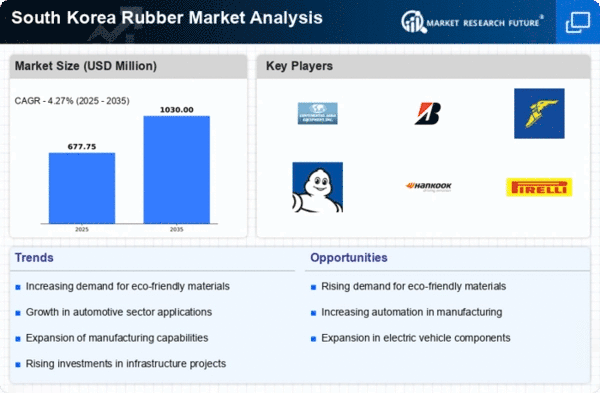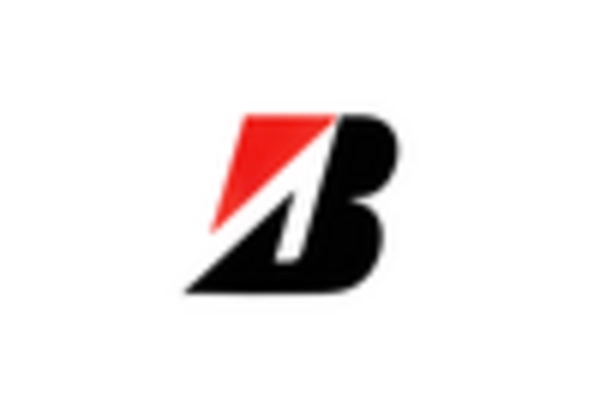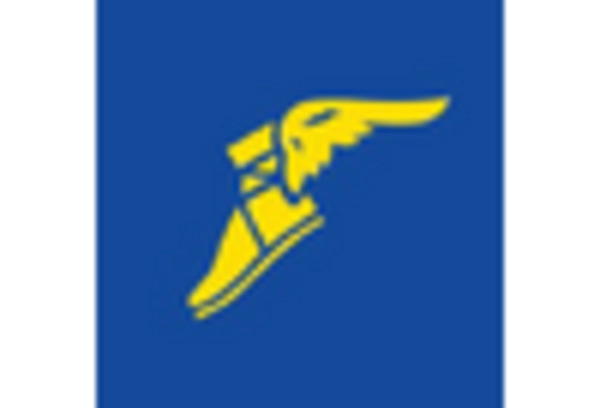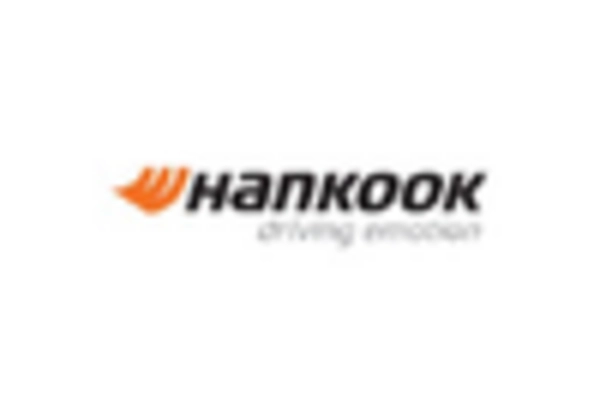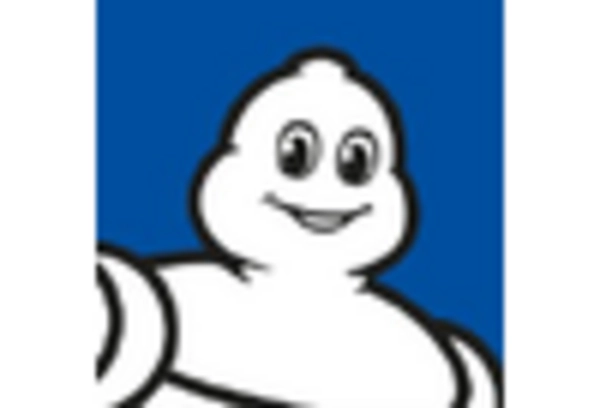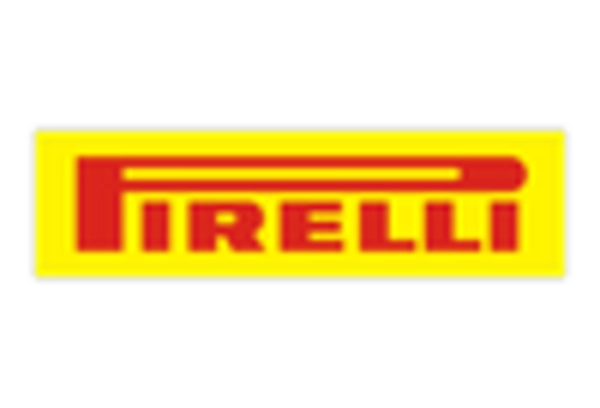South Korea Industrial Rubber Market Summary
As per Market Research Future analysis, the South Korea industrial rubber market size was estimated at 650.0 USD Million in 2024. The South Korea industrial rubber market is projected to grow from 677.75 USD Million in 2025 to 1030.0 USD Million by 2035, exhibiting a compound annual growth rate (CAGR) of 4.2% during the forecast period 2025 - 2035
Key Market Trends & Highlights
The South Korea industrial rubber market is poised for growth driven by sustainability and technological advancements.
- Sustainability initiatives are increasingly shaping the industrial rubber market, reflecting a broader commitment to environmental responsibility.
- Technological advancements in manufacturing processes are enhancing efficiency and product quality within the sector.
- the automotive sector remains the largest segment, while the construction industry is the fastest-growing segment in the market.
- Rising demand from the automotive sector and ongoing infrastructure development projects are key drivers propelling market expansion.
Market Size & Forecast
| 2024 Market Size | 650.0 (USD Million) |
| 2035 Market Size | 1030.0 (USD Million) |
| CAGR (2025 - 2035) | 4.27% |
Major Players
Continental AG (DE), Bridgestone Corporation (JP), Goodyear Tire & Rubber Company (US), Michelin (FR), Hankook Tire (KR), Pirelli & C. S.p.A. (IT), Sumitomo Rubber Industries (JP), Trelleborg AB (SE), Kraton Corporation (US)


